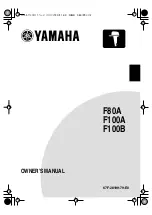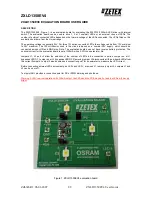
Theory of Operation
DIRECT MEMORY ACCESS (DMA)
The ZT 8809A supports Direct Memory Access (DMA) transfers
between local memory and STD bus system memory or I/O under the
supervision of an STD bus DMA controller. The following discussion
covers system level issues of DMA transfers: the advantages and the
operation of an STD bus DMA controller with respect to the CPU.
Advantages of DMA
The use of DMA can greatly increase performance in a system in
which block transfers of memory or I/O data are often performed. For
example, if a disk subsystem is present on the STD bus, large data
transfers from the disk controller to system memory, and vice versa,
often take place. The use of DMA can allow these transfers without
requiring CPU time, thus improving system throughput.
Data transfer is normally supervised by the CPU. In a memory to I/O
transfer, the CPU must first fetch the memory read instruction from
program memory, read the data from memory, temporarily store the
data, fetch the I/O instruction from program memory, and then write
the data to I/O. This process becomes very time-consuming when
moving large blocks of data, as is required for disk I/O.
The DMA controller improves the speed of this sequence by
eliminating the need to fetch memory and I/O instructions from
program memory, and the need to temporarily store the data being
transferred.
A DMA controller contains source and destination
address counters that eliminate the need to fetch program instructions;
data transfers are performed sequentially under the supervision of the
controller. A single cycle transfer enables data from the source onto
the bus and to its destination without temporary storage.
3-15
















































